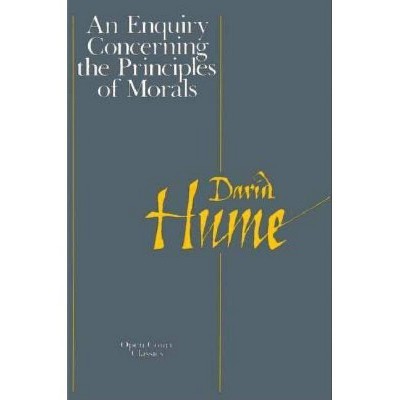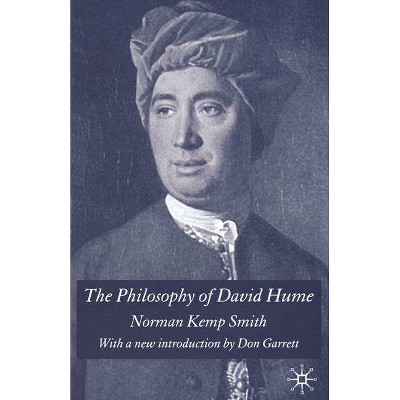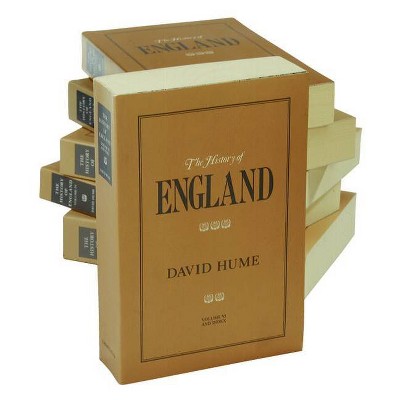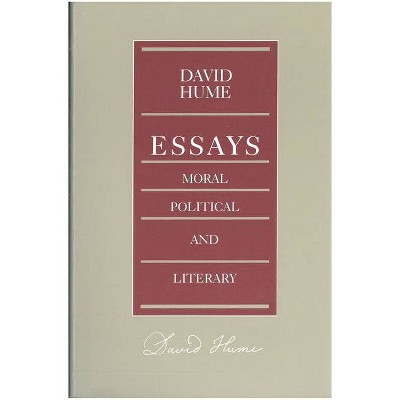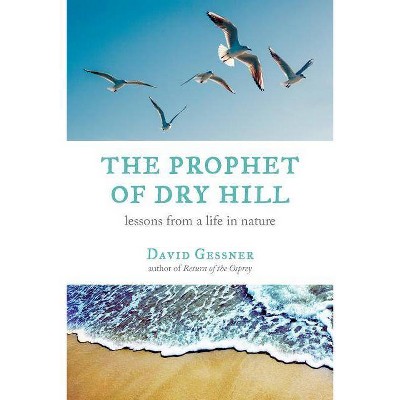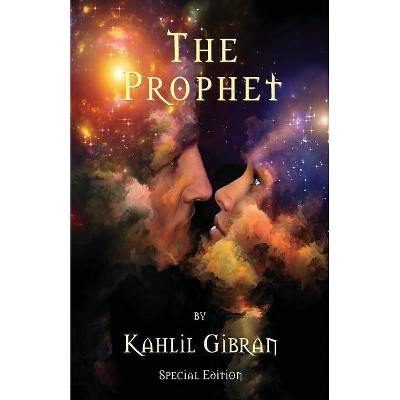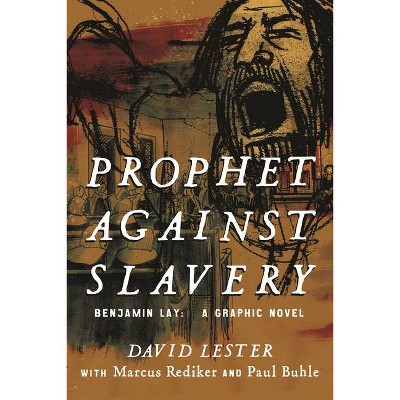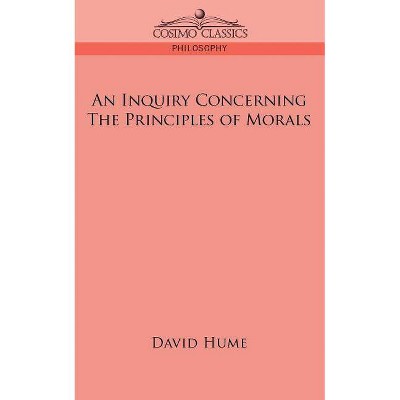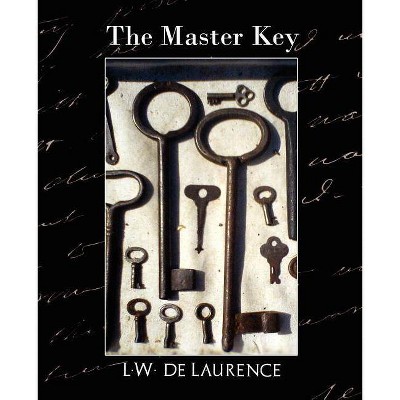David Hume: Prophet of the Counter-Revolution - 2nd Edition by Laurence L Bongie (Paperback)
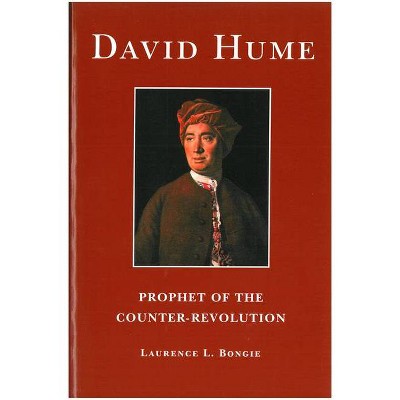
Similar Products
Products of same category from the store
AllProduct info
<p/><br></br><p><b> Book Synopsis </b></p></br></br><p>Though usually Edmund Burke is identified as the first to articulate the principles of a modern conservative political tradition, arguably he was preceded by a Scotsman who is better known for espousing a brilliant concept of skepticism. As Laurence Bongie notes, "David Hume was undoubtedly the eighteenth-century British writer whose works were most widely known and acclaimed on the Continent during the later Enlightenment period. Hume's impact [in France] was of undeniable importance, greater even for a time than the related influence of Burke, although it represents a contribution to French counter-revolutionary thought which, unlike that of Burke, has been almost totally ignored by historians to this day." The bulk of Bongie's work consists of the writings of French readers of Hume who were confronted, first, by the ideology of human perfection and, finally, by the actual terrors of the French Revolution. Offered in French in the original edition of <strong><em>David Hume</em></strong> published by Oxford University Press in 1965, these vitally important writings have been translated by the author into English for the Liberty Fund second edition. In his foreword, Donald Livingston observes that "If conservatism is taken to be an intellectual critique of the first attempt at modern total revolution, then the first such event was not the French but the Puritan revolution, and the first systematic critique of this sort of act was given by Hume."</p> <p><strong>Laurence L. Bongie</strong> is Professor Emeritus of French at the University of British Columbia.</p> <p><strong>Donald Livingston</strong> is Professor of Philosophy at Emory University.</p><p/><br></br><p><b> Review Quotes </b></p></br></br><br>This new edition includes fresh preliminary material, some added footnote matter and occasional emendations to the text; moreover, all the French quotations, untranslated in the original and accumulating to more than a third of the book, are now gracefully translated by the author. The book's unexacting pricetag is no reflection of the material and editorial standards that have gone into its production. . . . With the restrained elegance of its design, its luxurious paper and its eye-caressing Baskerville typeface, the publication of this book is on sensuous as well as intellectual grounds an occasion for rejoicing. <p/><b>Niall MacKenzie<br> Trinity Hall, Cambridge</b><br>
Price History
Price Archive shows prices from various stores, lets you see history and find the cheapest. There is no actual sale on the website. For all support, inquiry and suggestion messagescommunication@pricearchive.us
